Environmental engineering plays a critical role in safeguarding public health and protecting our natural environment. This field tackles pressing challenges like ensuring clean drinking water, managing wastewater, reducing air pollution, and remediating contaminated soil and groundwater. Environmental engineers also address global issues such as climate change by assessing the environmental impact of human activities and developing strategies to mitigate them. The MEng Emphasis in Environmental Engineering equips you with a versatile skill set that integrates mathematical modelling, chemistry, biology, and systems analysis with practical engineering design. Through a combination of classroom learning and hands-on experiences such as seminars, workshops, and field trips, you will be prepared to manage complex environmental systems and drive sustainable solutions, whether in municipal water management, industrial emissions control, or broader ecosystem protection.
Meet your Instructors
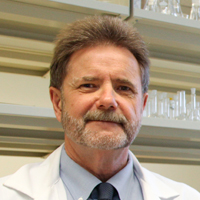
Robert Andrews
ProfessorDrinking Water: Optimization in drinking water treatment processes/water quality in distribution systems

Susan Andrews
ProfessorDrinking Water: Water quality and chemistry in water treatment processes
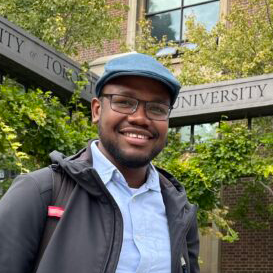
Mohammed Basheer
Assistant ProfessorWater Resources and Hydrology: Hydropower planning and operations; water-energy-food nexus; coupled human-water systems.

Ron Hofmann
ProfessorDrinking Water Treatment Optimization: Disinfection and oxidation technologies
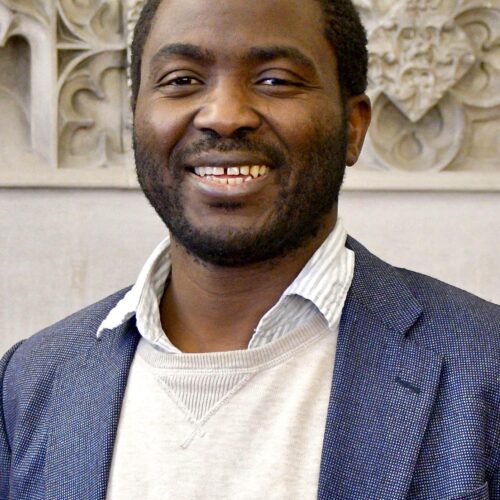
Hamed Ibrahim
Assistant ProfessorHydrological modeling and improving our understanding of the physical relations between the lower atmosphere and the earth’s surface
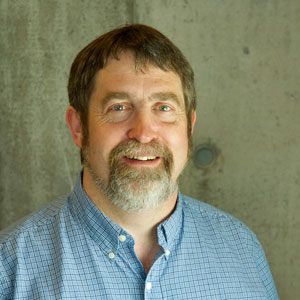
Bryan Karney
ProfessorSustainable Infrastructure: Design, analysis, operation and optimization of various water resource and energy systems

Heather MacLean
ProfessorSustainable Infrastructure: Systems analysis and life-cycle assessment; development of techno-economic methods incorporating uncertainty

Daniel Posen
Associate ProfessorSustainable Infrastructure: System-scale environmental sustainability analysis

Shoshanna Saxe
Associate ProfessorSustainable Infrastructure: Construction resource use and embodied greenhouse gases; travel behaviours and transit infrastructure

Brent Sleep
ProfessorGroundwater: Remediation of soil and groundwater contamination; computational methods for modelling environmental processes

Lesley Warren
ProfessorEnvironmental assessment and reclamation of water resources associated with mining practices; wastewater analysis and remediation

Prof. Ron Hofmann
Meet your Coordinator
I’m the coordinator for the MEng emphasis in Environmental Engineering, and I’d be delighted to talk to anyone interested in pursuing Environmental Engineering as a career, whether you're a prospective student considering applying to the University of Toronto or a current student looking to make the most of your academic journey. Environmental Engineering is a complex and multidisciplinary field, with programs not only in Civil & Mineral Engineering but also in Chemical and Industrial Engineering, along with relevant courses offered across other Departments and Faculties at the University of Toronto. I’d be happy to help you navigate all of this as you plan your studies.
Requirements
The Emphasis in Environmental Engineering is an optional component of the Master of Engineering (MEng) in Civil & Mineral Engineering
To complete the emphasis you must complete 4 courses (2.0 FCE) from the list of courses.
- Other courses may be considered but would require approval from the Emphasis Coordinator
- With approval, one or two courses may be replaced by an MEng Project: CIV1001H (0.5 FCE) or CIV1002Y (1.0 FCE)
Explore course descriptions and timetables
Note that not all courses will be offered every year.
Featured Courses

CIV550H1 - Water Resources Engineering
Instructor: Mohammed Basheer
Water is a critical resource, and managing it effectively is essential for sustainable development and environmental protection. CIV550 prepares you to tackle pressing global and national water challenges by covering a wide range of topics, from water law and legislation to advanced hydraulic structures and urban water management. You'll learn to design and analyze reservoirs, develop urban drainage and runoff control systems, and apply modeling techniques to manage water flow. The course also explores flood control strategies, both structural and non-structural, as well as power generation through hydro and thermal methods. Additionally, it covers low-flow augmentation and the economic and decision-making processes that underpin successful water resource management. By taking this course, you'll gain the skills needed to address water-related challenges and make a meaningful impact in the field, whether improving urban water infrastructure, contributing to sustainable hydropower development, or developing policies for effective water use.
CIV1311H - Advanced and Sustainable Drinking Water Treatment
Instructor: Robert Andrews
The future of drinking water is sustainable, and CIV1311 equips you with the knowledge to lead in this evolving field. This course delves into the principles and practices that ensure the sustainable supply of safe drinking water, focusing on innovative approaches like water reclamation and reuse to address global water challenges. You will explore advanced treatment processes, such as ultrafiltration (UF), nanofiltration (NF), reverse osmosis (RO), advanced oxidation, and activated carbon, which are crucial for removing emerging pathogens and chemicals from our water supplies. Additionally, the course covers risk assessments associated with these contaminants, providing you with a comprehensive understanding of current and future issues facing the drinking water industry. Through case studies, practical applications, and hands-on numerical problems, you'll gain a deep insight into real-world scenarios and learn to apply sustainable practices in water management.
.
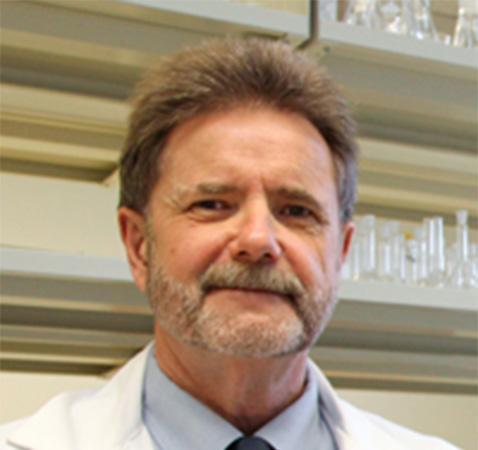
Sample Projects
MEng students have the option of tackling real-world engineering challenges and applying their coursework knowledge by engaging in a project under the guidance of a CivMin professor. A project offers the invaluable opportunity to collaborate with experts and develop innovative solutions, enhancing a student's technical competence and preparing them for the complexities of future engineering careers. Additionally, the project can serve as a cornerstone for building a professional portfolio and showcasing capabilities to potential employers.
A CivMin MEng project is a dynamic experiential learning opportunity providing hands-on experience that can significantly boost employability and confidence as students transition into the engineering workforce. For more details, please refer to the MEng program requirements.
Explore examples of past and potential future projects below, and envision how an MEng project could be a transformative experience in your engineering education and career. Current opportunities can be found on the MEng Project Opportunities page.
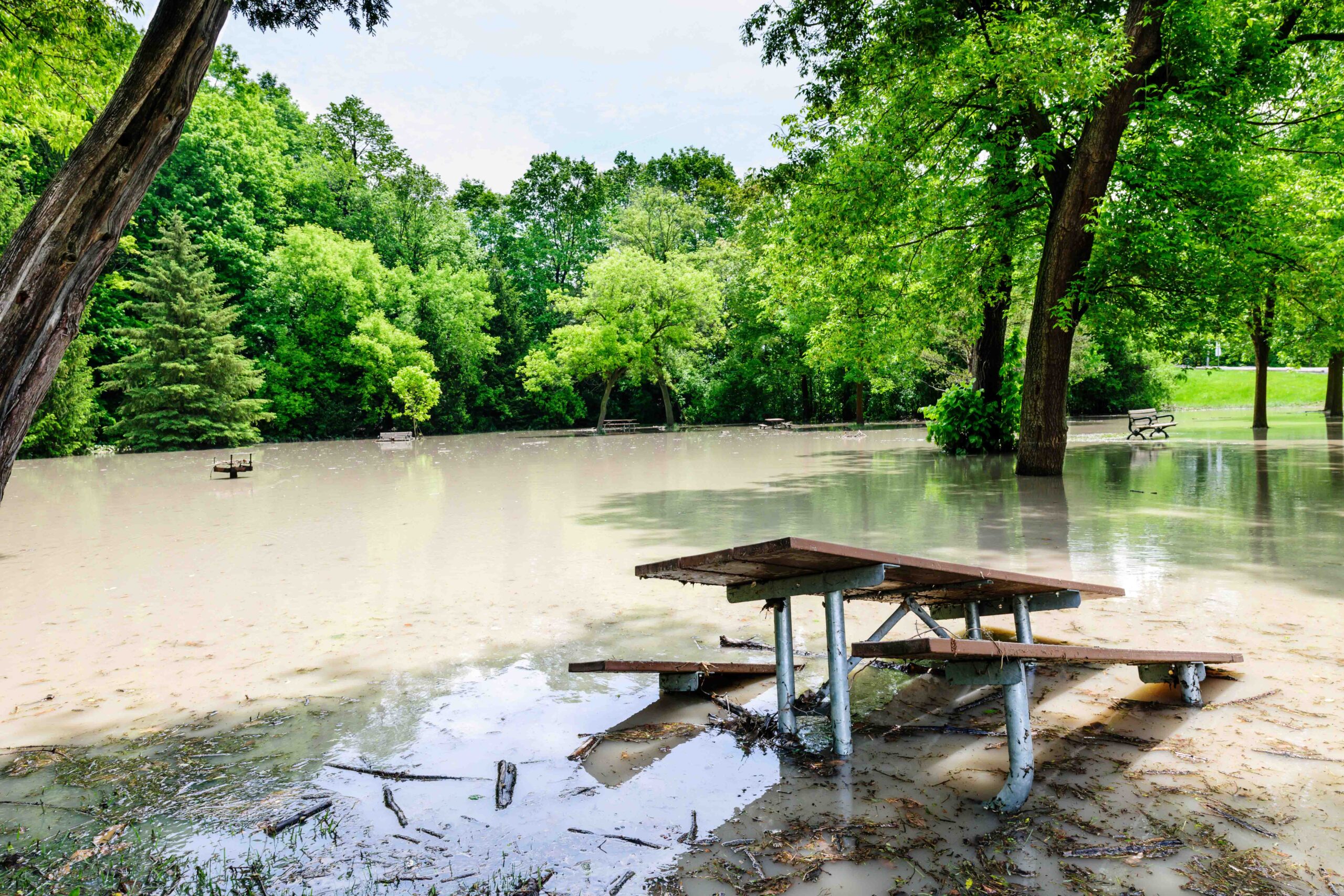
Evaluating Engineering and Nature-based Flood Risk Mitigation Measures for Toronto
Supervisor: Mohammed Basheer
On July 16, 2024, Toronto experienced a flooding event that caused widespread disruption to public transportation and electricity supply for several hours. This project aims at modelling the hydrological impacts of this flooding event as well as future scenarios. We aim to evaluate engineering and nature-based solutions for flood risk mitigation and assess their effectiveness under various future climate projections.
Students participating in this project will have the opportunity to develop and enhance a range of highly sought-after skills, including geospatial analysis using GIS tools and computer programming, hydrodynamic modelling to simulate flood events and assessment of the effectiveness of flood risk mitigation measures under climate change. The findings of this research will provide valuable insights to policymakers and urban planners. By offering a robust model for flood risk evaluation, this project can help communities prepare for and mitigate the impacts of future flooding events.
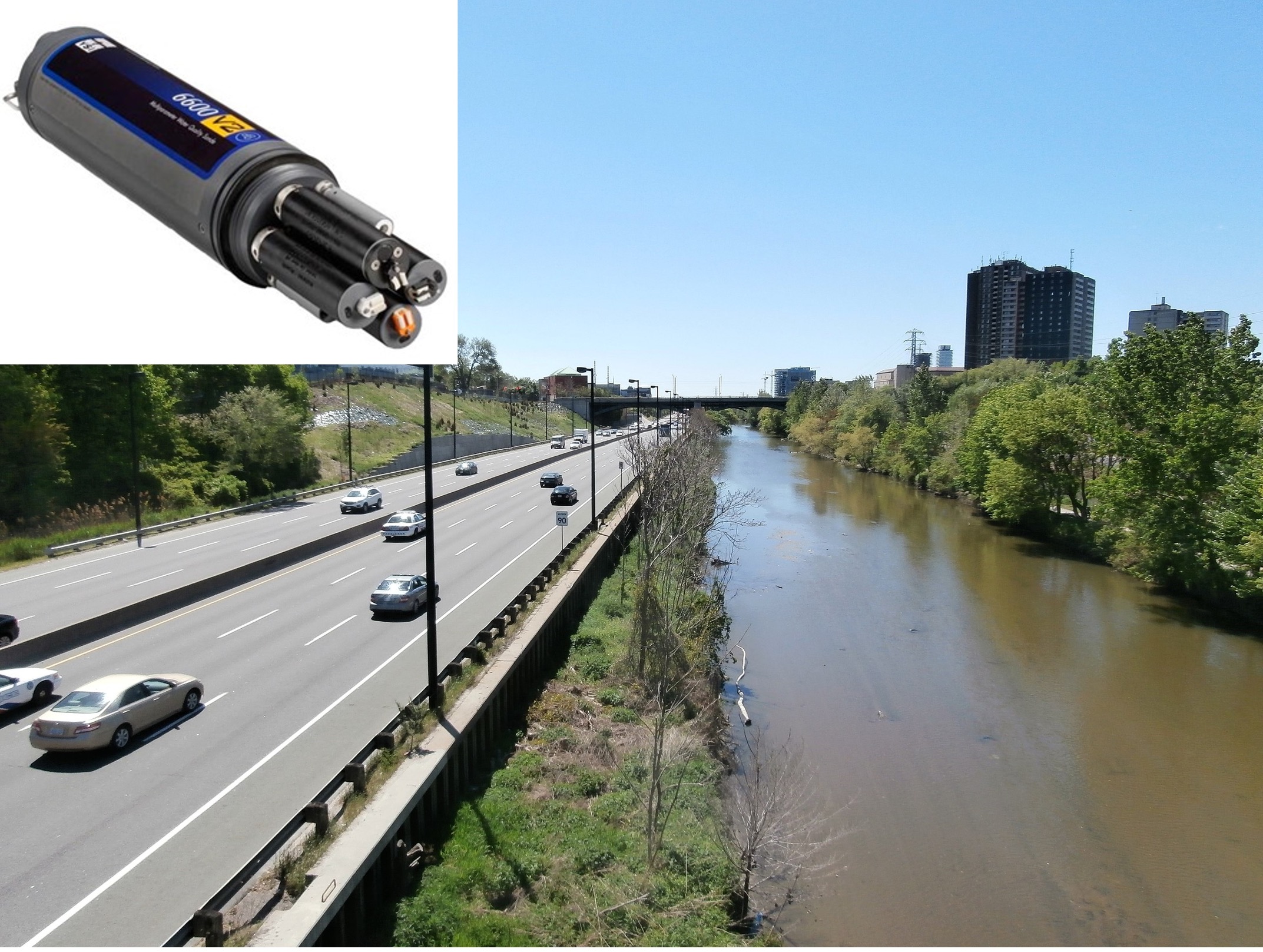
Don River Water Quality Study using Automated Water Quality Monitoring
Supervisor: Susan Andrews
In collaboration with Toronto Water Infrastructure Management and the Environmental Monitoring and Protection Unit, this project investigated the water quality of the Don River and assessed the impact of the North Toronto Treatment Plant (NTTP) on the river's ecosystem. MEng students working on this project selected strategic monitoring sites both upstream and downstream of the NTTP to gather comprehensive data over a 1.8 km stretch of the river. Using advanced YSI 6600 Datasondes, which measured key indicators like specific conductivity, dissolved oxygen, pH, ammonium, chloride, and total dissolved solids (TDS), students collected real-time water quality data every 20 minutes. The findings from this study provided critical insights into the environmental effects of urban water treatment practices, revealing that chloride, ammonium, and TDS levels were higher downstream of the NTTP, while pH levels were lower. This hands-on research project offered students an invaluable opportunity to work with state-of-the-art monitoring technology and contribute to essential environmental management efforts.

Water Equity by Design: Leveraging Hydroinformatics and Hydraulic Simulations to Improve Water Distribution Equity during Scarcity
Supervisor: David Meyer
Water scarcity can force water pipe networks to operate intermittently. Globally, 20% of piped water users, amounting to 1 billion people, receive water for only a few hours per day or week. Intermittent Water Supply (IWS) networks present unique hydraulic challenges that standard commercial or open-source software cannot adequately address. Prof. Meyer's research group has recently developed Python-based simulation tools to represent the hydraulics of water pipe networks that drain and fill daily. This project seeks to leverage and enhance these tools to better understand and improve the equity of IWS.
This project integrates into ongoing hydroinformatics and equity research, offering participating MEng students the opportunity to collaborate with a team of MASc and PhD students working on complementary topics. The project provides students with hands-on experience in augmenting existing hydraulic simulation packages, scripting and automating hydraulic simulations and leveraging advanced data science techniques to improve water system design and operations. The skills developed will be valuable in various contexts, with the immediate application focused on improving the equity of water supply in low- and middle-income countries.
Career Outlook
A CivMin MEng from the #1 Civil Engineering program in Canada can open up a world of opportunities and supercharge your career. The University of Toronto is ranked #12 globally for graduate employability by Times Higher Education, and our alumni have secured exciting roles at a wide variety of top companies including Hatch, WSP, Aecon, Kiewit and Metrolinx.
An MEng degree from U of T places you at the centre of an immense and invaluable alumni network. Combined with our strong industry connections and esteemed reputation, a CivMin MEng offers you almost infinite opportunities for support, professional growth and advancement throughout your career.
Graduates of the MEng who have specialized in Environmental Engineering are well-positioned for successful careers across a variety of sectors. Many find their first opportunities within the consulting industry, where they contribute to critical projects such as designing and expanding drinking water distribution systems, upgrading wastewater treatment facilities, or conducting environmental assessments for major urban transportation developments. However, career paths extend far beyond consulting. Graduates may work with equipment vendors serving the environmental sector, join regional conservation authorities, or become municipal employees within environmental services departments. The field of environmental engineering is vast and dynamic, offering a wide range of opportunities for those passionate about making a difference in sustainability and public health. Whether your interests lie in technical design, policy development, or environmental management, a specialization in environmental engineering opens the door to a fulfilling career in an essential and ever-evolving industry.


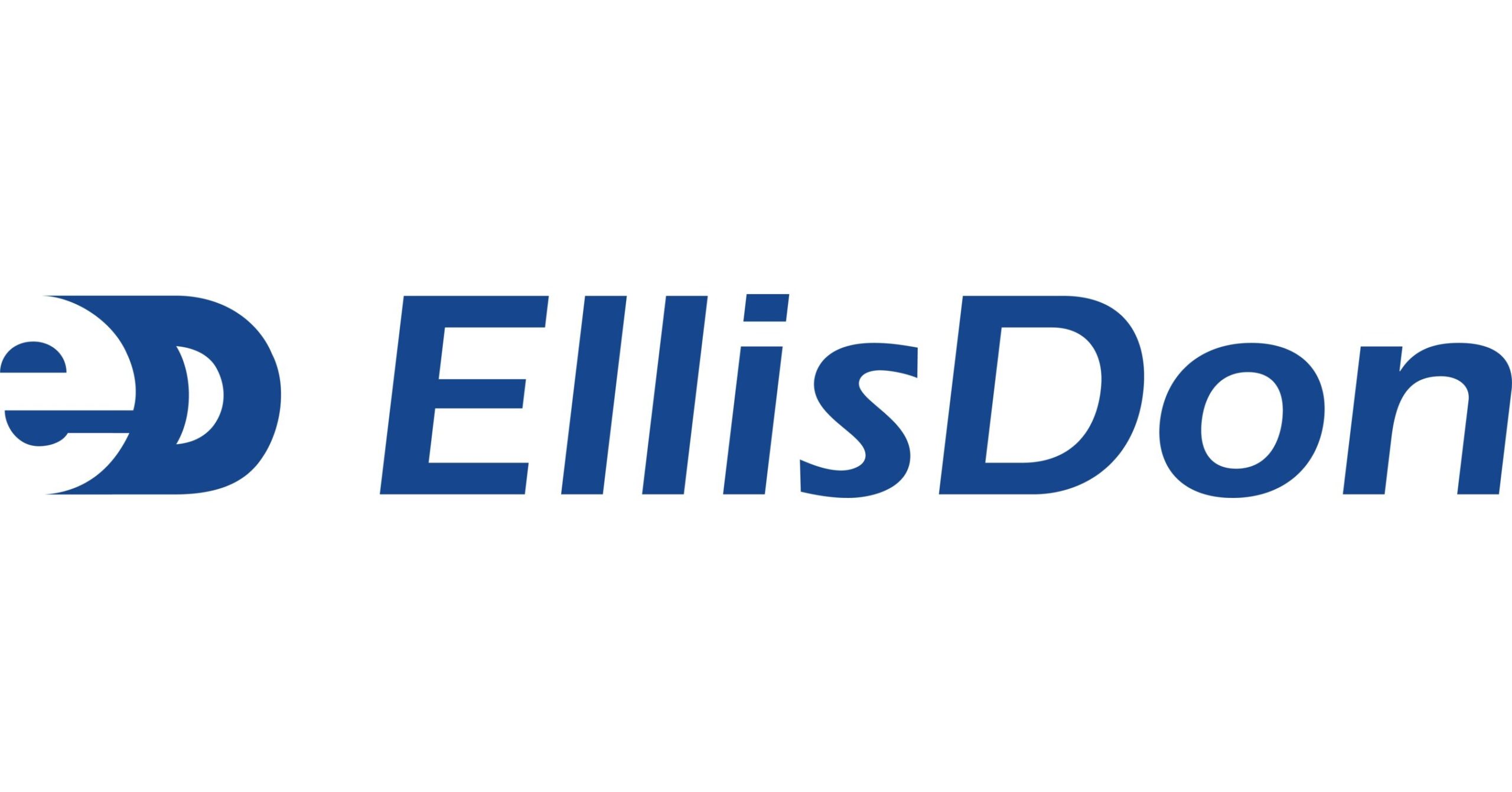






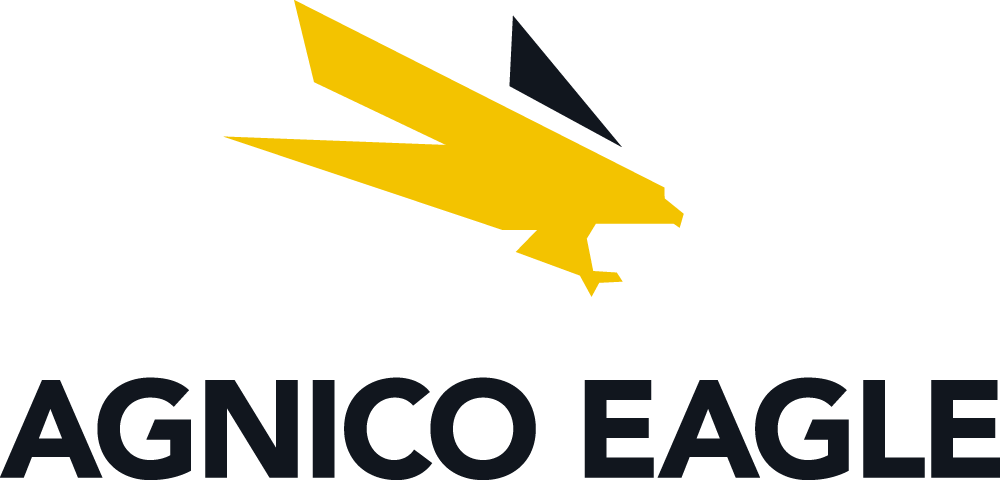

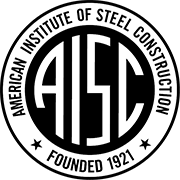
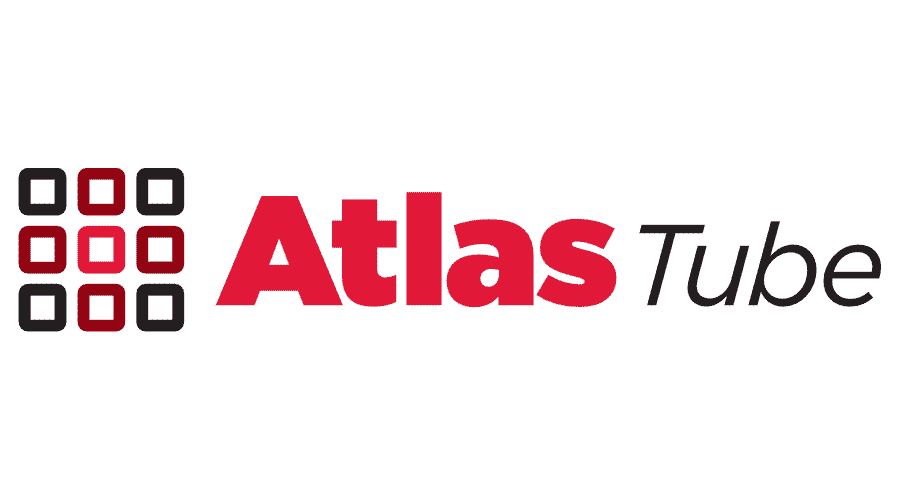

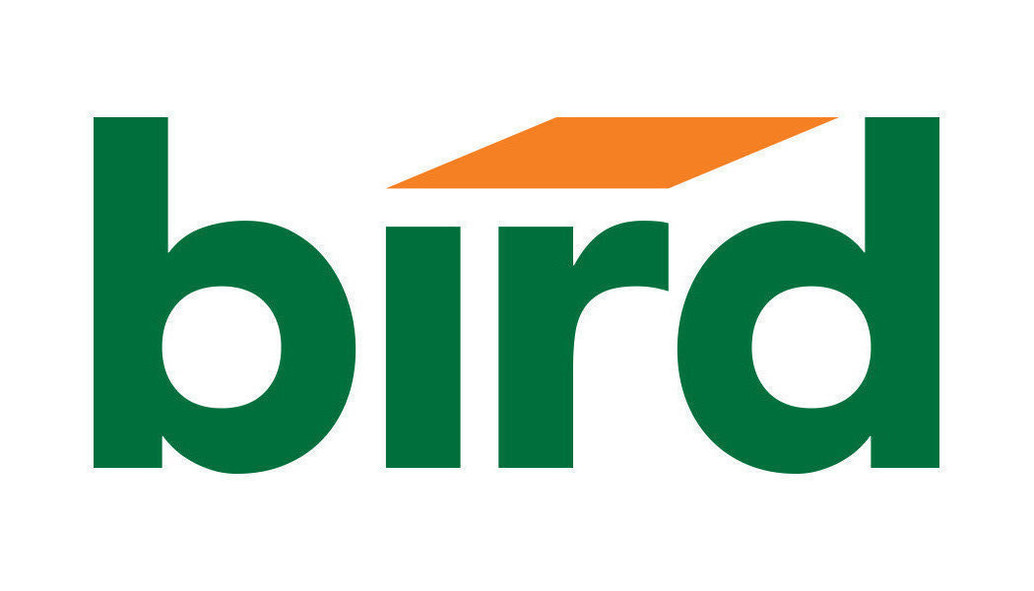





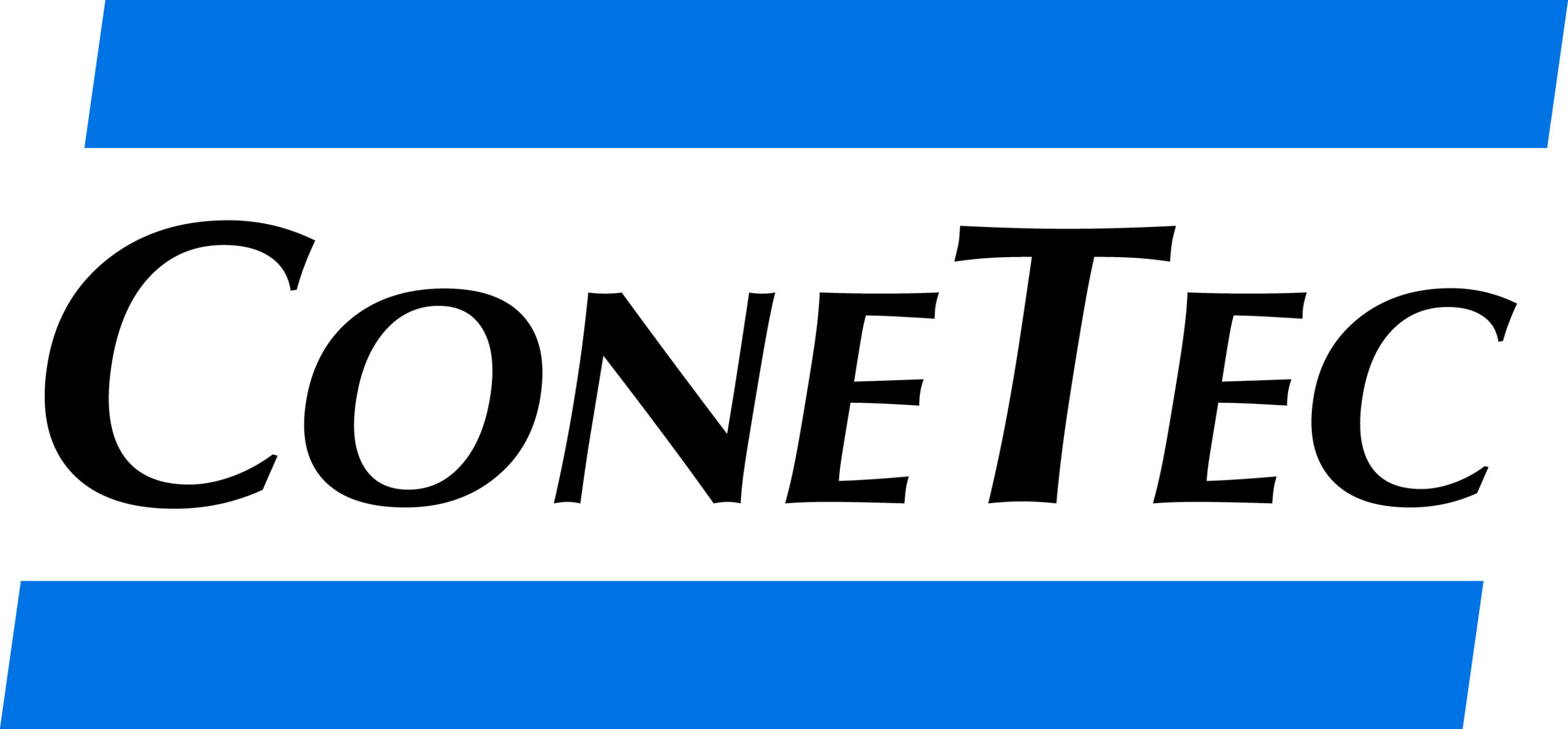





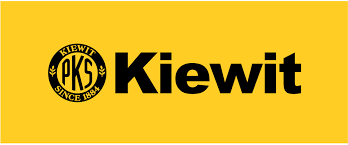



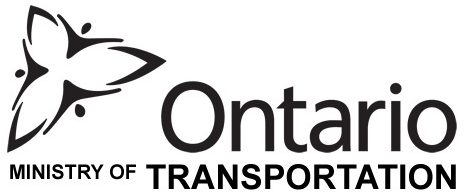

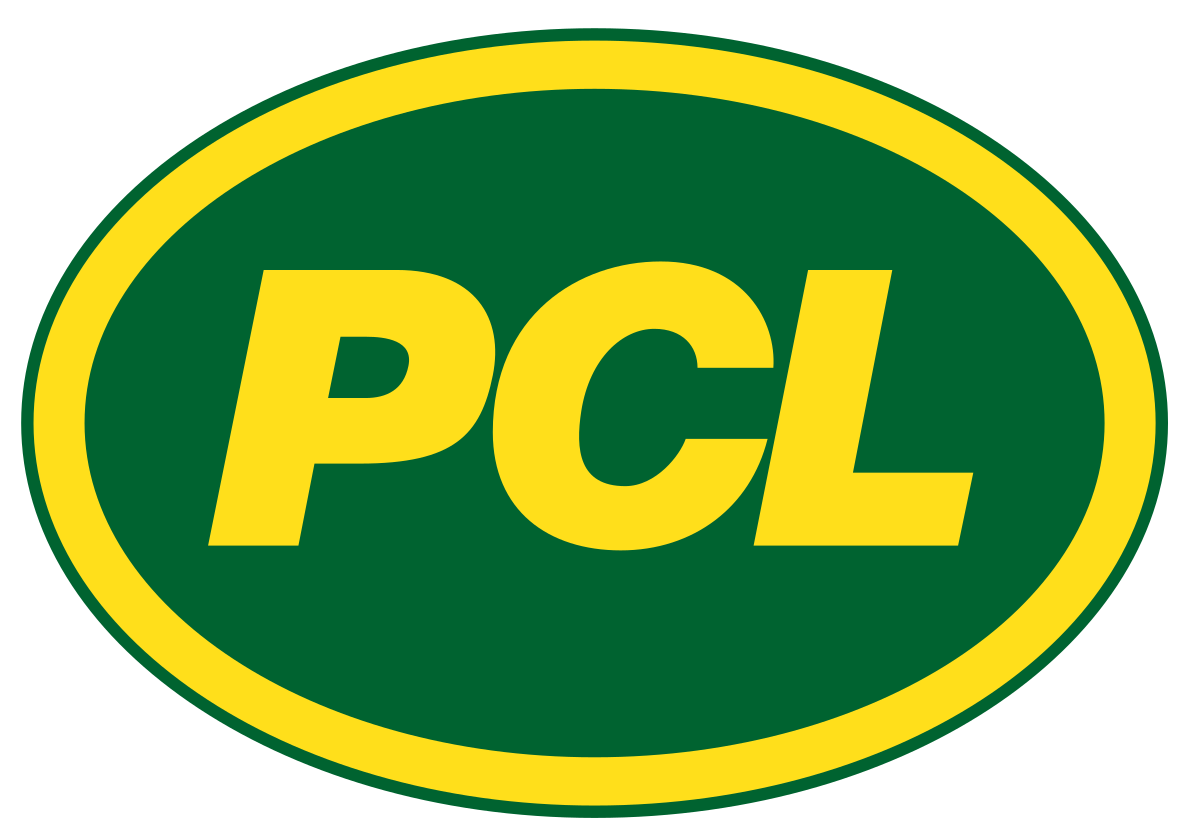

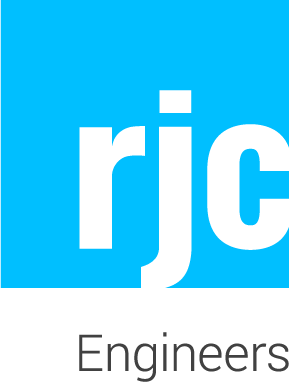
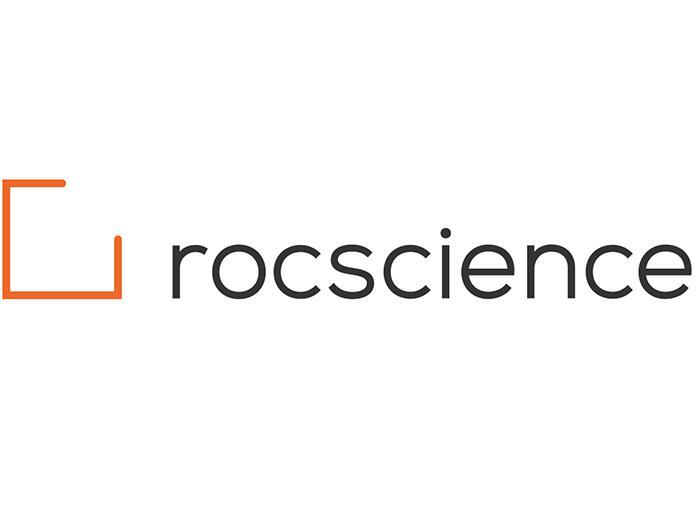

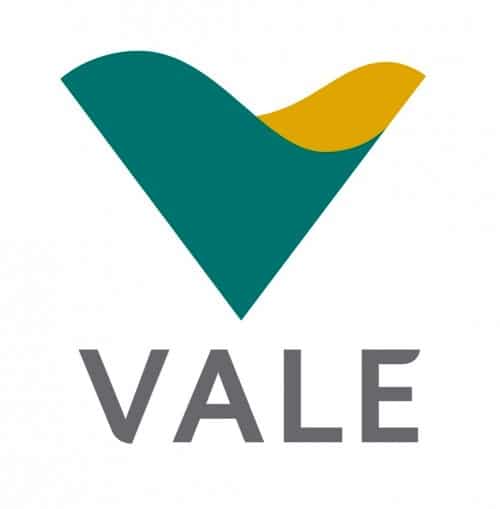

Discover other complementary Emphases to
boost your Master of Engineering experience
